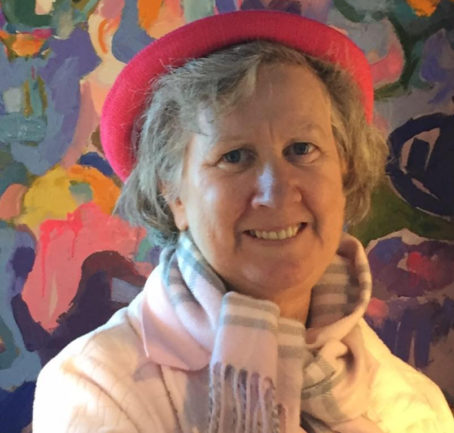Being a councillor is an interesting and frustrating blend of bureaucracy and democracy, says a man who should know.
Glenn Inglis addressed a public forum last week on the Central Coast, sharing his experiences as both a long term general manager of a number of councils in NSW and as a councillor; he’s been both.
Inglis told the meeting that candidates should not believe that their job is just to sign off on stuff but, in fact, they faced many expectations from many stakeholders and they would need to have a thick skin.
He explained that it could be quite challenging to make decisions “for the greater good” of an entire community and that councillors would find they would need to do the hard yards to get things done.
He explained it could be a major job just to get an idea on the agenda.
“It’s a numbers game, pure and simple,” he said.
If there are 15 councillors, seven other councillors need to support your idea.
“And if you can get the general manager and senior staff interested, it makes it a whole lot easier to get things done,” he said.
Explained there were two “masters of the universe”: the mayor and councillors on one hand and and the general manager and senior staff who also have a lot of executive power.
“And if one starts to think they have more knowledge; things can go horribly wrong,” he said.
He said a councillor should not try to do everything by themselves; they need to build networks and they need to talk directly to the community.
He also explained that it takes years to get something done because it takes so long to get approval so it was no good thinking you could achieve much in one four-year term.
As an example he explained a tip could take ten to 18 years to come to fruition.
The qualities needed in a councillors included curiosity, integrity, empathy, self awareness o strengths and weaknesses.
Inglis said it was good to be curious because it led to being informed.
A councillor needed courage and confidence because there was no sitting on the fence and they also needed to be a team player.
When it came to listening, he urged potential candidates not to form an opinion on a story until they got a second opinion.
“Take a pause, tell the person you will look into it,” he said.
He finished his speech with four questions for potential candidates to ask themselves:
1/ Could they be engaged and excited for four years?
2/ Do they have the time to give? Inglis said it needed at least 15 hours a week.
3/ What is their value proposition, their purpose; what do they want to achieve?
4/ And finally, can they be a team player?


